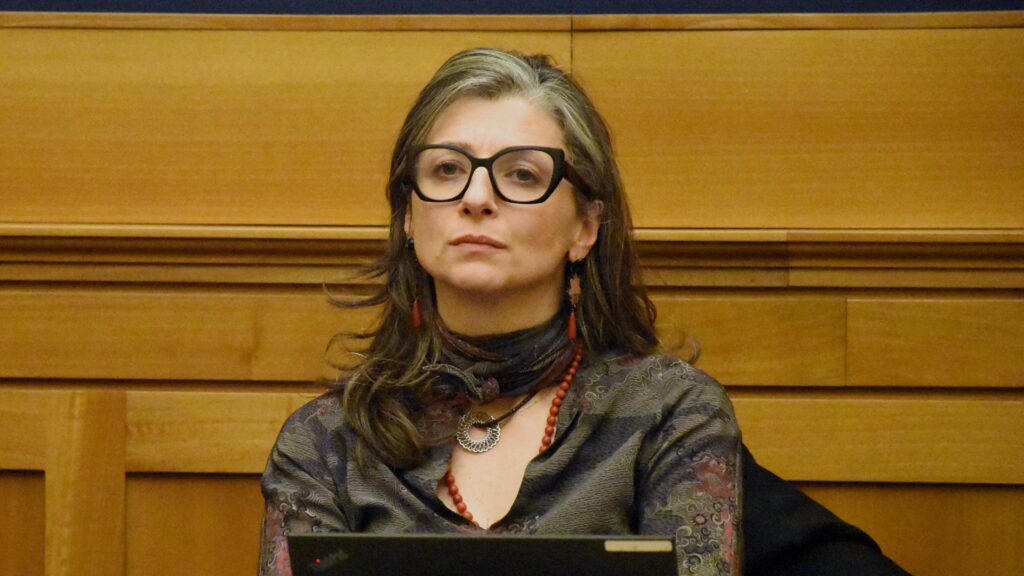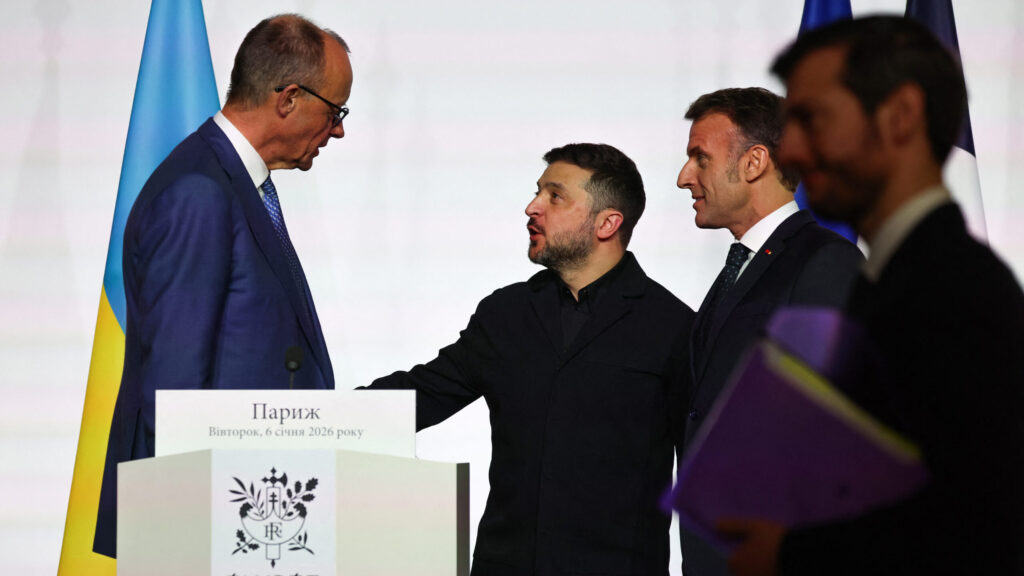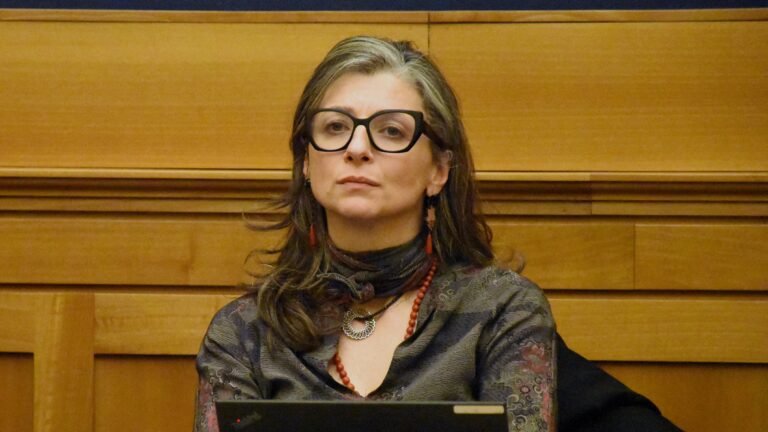A bill to legalize euthanasia is currently before the French Parliament. Originally intended to cover end-of-life situations, the bill has now been extended to various disabilities. France, like Hungary, participates in several international mechanisms for the protection of the rights of persons with disabilities. The European Centre for Law and Justice (ECLJ), alongside 14,000 citizens, brought the matter before two of these mechanisms at the United Nations (UN). According to Nicolas Bauer, the debate on euthanasia is taking place in disregard of the country’s international obligations. Nicolas Bauer is co-author of the collective work Fins de la vie: les devoirs d’une démocratie (Éditions du Cerf, 2025), which is today a key reference in the French national debate on end-of-life issues.
In contemporary political debates, the language of Human Rights has become a key rhetorical tool of liberals and the left. This is due to their revolutionary origins and the liberal worldview they embody, which has historically been opposed to the rights of God and society. However, Human Rights are now part of positive law. In France, the 1789 Declaration of the Rights of Man and of the Citizen has acquired constitutional value. All over the world, numerous international treaties recognize Human Rights and confer upon them supra-legal authority.
Thus, Human Rights are not merely rhetorical. Whether we like it or not, they are binding on our laws. It would therefore be a shame to leave the left with a monopoly on references to Human Rights, especially since these rights enshrine principles that liberal ideology often undermines. This is the case with respect for human dignity, the ‘right to life’, and the prohibition of eugenics. After the Second World War, states wanted to give these principles international legal force. They were formulated in particular in response to Aktion T4, the programme of euthanasia of thousands of disabled people under the Nazi regime in Germany.
The Gradual Abandonment of the Principle of Respect for Life by the ECHR
The European Convention on Human Rights (1950) states very clearly that ‘No one shall be deprived of his life intentionally’ (Art. 2). This prohibition on killing allows only a narrow set of exceptions, such as self-defence, but euthanasia and assisted suicide are not included. Article 6 of the International Covenant on Civil and Political Rights (1966) stipulates that ‘Every human being has the inherent right to life’. As the European Court of Human Rights (ECHR) has explained in several judgments, this inherent right to life ‘creates for the authorities a duty to protect vulnerable persons, even against actions by which they endanger their own lives’. Even when presented in a liberal and voluntary manner, the decriminalization of euthanasia and assisted suicide violates these provisions.
However, the ECHR has taken the liberty of reinterpreting the prohibition on killing. In the Mortier v. Belgium case (2022), it considered that ‘the right to life…cannot be interpreted as per se prohibiting the conditional decriminalization of euthanasia.’ (§ 138). This 2022 ruling was shaped by a line of case law that reduces dignity to ‘personal autonomy’ and defends ‘quality of life’ at the expense of life itself. The ECHR has also recognized ‘an individual’s right to decide by what means and at what point his or her life will end’ (Haas v. Switzerland, 2011, § 51).
‘However, the ECHR has taken the liberty of reinterpreting the prohibition on killing’
By reversing these principles, the ECHR oversteps the mandate entrusted to it by the States. It sets aside the prohibition of killing, even though it is clearly formulated. States are therefore justified—not only morally but also legally—in ignoring this case law of the ECHR.
At the same time, a recent development in the case law of the ECHR deserves to be welcomed. In Daniel Karsai v. Hungary (2024), the European judges approved the Hungarian ban on assisted suicide and stated that States had a positive obligation to provide access to palliative care. According to the ECHR: ‘high-quality palliative care, including access to effective pain management, is in many situations—and no doubt in that of the applicant—essential to ensuring a dignified end of life’ (§ 154).
The Protection of the Rights of Persons with Disabilities by the UN
At the United Nations (UN) level, another international treaty applies directly to end-of-life issues: the Convention on the Rights of Persons with Disabilities (2006). This protects the right to life of persons with disabilities ‘on an equal basis with others’ (Art. 10). However, French MPs are considering making euthanasia conditional on criteria that correspond to the definition of disability, which, according to this Convention, refers to ‘long-term physical, mental, intellectual or sensory impairments’ (Art. 1). Such a legislative change would pave the way for ‘liberal eugenics’, as denounced by the former UN Special Rapporteur on the rights of persons with disabilities in 2020.
A petition signed by 14,000 citizens has been brought before two UN bodies responsible for enforcing this Convention. The first is the Committee on the Rights of Persons with Disabilities, which heard me on 6 May as a representative of the petition’s signatories. It was this Committee that called on the French government not to euthanize Vincent Lambert in 2019. Unfortunately, France did not implement this decision, even though it was supposedly legally bound to do so under its international commitments. On 21 March 2025, this Committee also called on Canada to repeal the provision allowing euthanasia for people with disabilities. The other body to which this petition has been referred is the Special Rapporteur on the Rights of Persons with Disabilities of the Human Rights Council. This expert issues what is known as soft law, which has less legal value than a decision of the Committee. In any case, it is to be hoped that the Special Rapporteur will reinforce the Committee by also taking a position on end-of-life issues. It is still possible to sign the petition to encourage these UN bodies to defend persons with disabilities.
Related articles:







